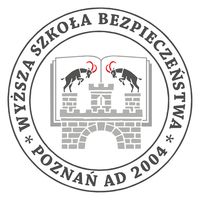There was once a time when the life of men resembled that of beasts. They dwelt in mountain caves and dark ravines, for as yet there was no roofed house nor broad city fortified with stone towers. Nor did the curved ploughs cleave the black clod, nurse of the grain, nor the busy iron tend the fruitful rows of bacchic vines, but earth was barren. In mutual slaughter they dined on food of flesh. But when time, begetter and nurturer of all things, wrought a change in mortal life—whether of the solicitude of Prometheus, or from necessity, or by long experience, offering nature itself as teacher—then was discovered holy Demeter's gift, the nourishment of cultivated grain, and the sweet fount of Bacchus. The earth, once barren, began to be ploughed by yoked oxen, towered cities arose, men built sheltering homes and turned their lives from savage ways to civilized. From this time they made it a law to bury the dead or give unburied bodies their portion of dust, leaving no visible reminder of their former impious feasts.
Moschion (ca. 3rd century BC) as quoted by W. K. C. Guthrie, A History of Greek Philosophy Vol. 3, "The Fifth Century Enlightenment" (1971) from an unknown play "in the spirit of the late fifth of fourth century BC."

